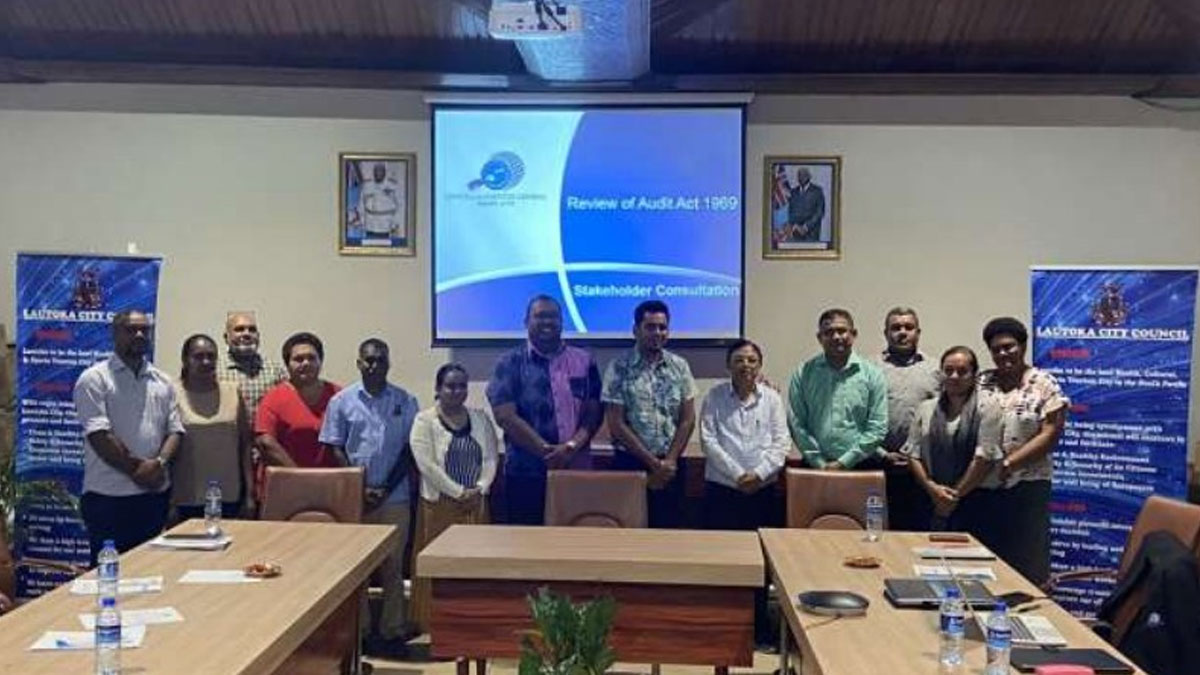
The University of Fiji has made submissions for the Review of the Audit Act 1969, suggesting that Professional Indemnity Insurance for auditors to be included in the revised legislation.
The University’s submissions were presented by the Accounting Department’s staff members, Shivneil Kumar Raj, Mohammed Riaz Azam and Professor Kishor C. Meher during a stakeholder consultation.
The University, through its Department of Accounting and Finance, suggested that this would include the contractors and the employees in Office of the Auditor General due protection of liability being covered by the external auditor in Australia and is a new development.
It also suggested that a new section be included to the existing Act to show how the Office of the Auditor General will deal with threats that the audit team may encounter during audit engagements providing "safeguards" for the audit team during the audit engagements to alleviate intimidation, familiarity and self-review.
They add that a section could be incorporated with the heading as Protection to audit team during audit engagements.
The University says the audit team assigned and especially the audit team leader for a particular audit should not be replaced during audit engagements to ensure that the audit team can work objectively and without any fear.
They also stated that a timeline should be stated in the Audit Act to provide the end date for the auditee organisation to ensure that their financial statements are ready by this date, preferably within 6 weeks after the end of the audit period.
They also said that a timeline is also to be given to complete the audit by the audit team in order to ensure the effectiveness of financial statements and other audits.
The University is also seeking clarity in relation to Section 5 of the Act, whether under common law principles, vicarious liability would apply as this is where the employer (the OAG) could be liable for tort/negligence committed by their employees or contractors during their employment phase.
It adds that this point was noted and explained that in such scenarios it is the OAG’s office that would be responsible and not its employees as per Section 5.
Stay tuned for the latest news on our radio stations

